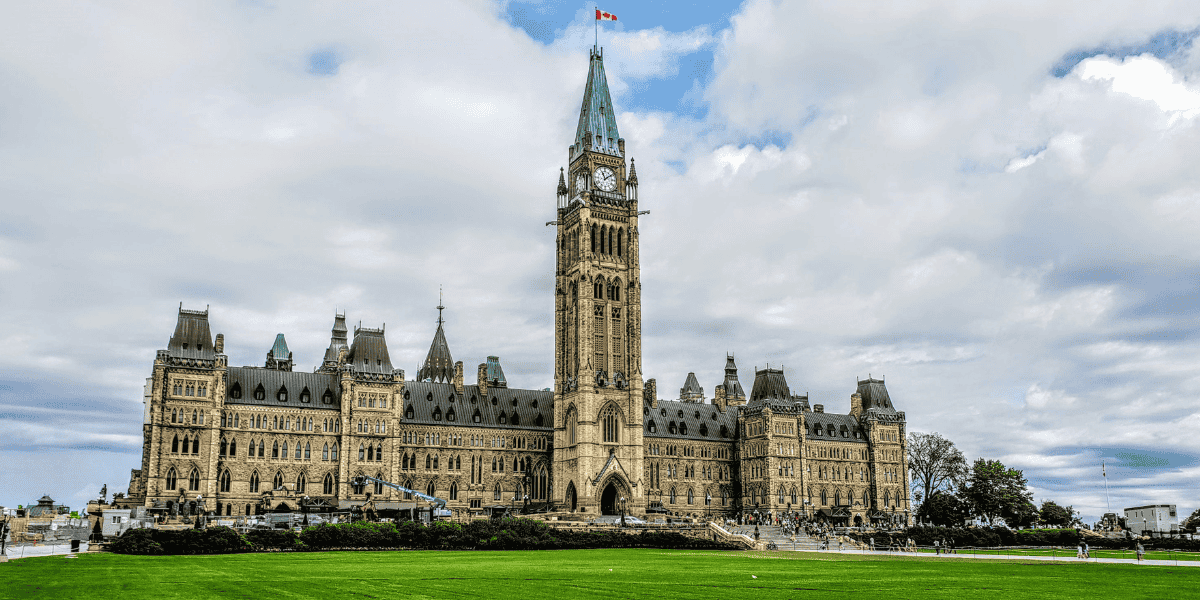Canada’s Department of Finance, in a release, announced a public consultation on a legislation that includes new measures for Budget 2024 on 12 August, 2024.
This follows the enactment of several budget measures in June 2024 under the Fall Economic Statement Implementation Act, 2023 (Bill C-59) and the Budget Implementation Act, 2024, No. 1 (Bill C-69). The measures include the Global Minimum Tax Act, which introduced the Income Inclusion Rule (IIR) and the Qualified Domestic Minimum Top-up Tax (QDMTT), effective for fiscal years starting on or after 31 December, 2023.
The upcoming legislation will add the Undertaxed Profits Rule (UTPR), effective for fiscal years beginning on or after 31 December 2024, and incorporate additional OECD administrative guidance for the Pillar Two rules.
These measures build upon the Ways and Means Motion tabled on 10 June, 2024, as well as the accompanying backgrounder entitled “Capital Gains Inclusion Rate” published on the same day.
The government invites all interested Canadians and stakeholders to email their comments to consultation-legislation@fin.gc.ca by 11 September, 2024.
The Capital Gains Inclusion Rate and Lifetime Capital Gains Exemption consultation will remain open until 3 September, 2024.
Measures to improve tax fairness
- Increasing the capital gains inclusion rate from one-half to two-thirds on capital gains realised annually above CAD 250,000 for Canadians and on all capital gains realised by corporations and most types of trusts as of 25 June, 2024;
- Increasing the Lifetime Capital Gains Exemption from CAD 1 million to CAD 1.25 million, as of 25 June, 2024;
- Helping employees become owners by exempting from taxation the first CAD 10 million in capital gains realised on the sale of a business to an eligible Employee Ownership Trust or Worker Co-operative;
- Ensuring that large, multinational corporations pay their fair share, by introducing the Undertaxed Profits Rule, which implements a minimum effective tax rate of 15% on their profits wherever they do business;
- Providing exemptions from the Excessive Interest and Financing Expenses Limitation rules for purpose-built rental housing providers and regulated utility providers serving Canadians;
- Amending the Alternative Minimum Tax rules to further incentivize investment in Canada’s mining sector by allowing Canadians to fully claim resource expense deductions – a measure that would support good jobs and ensure Canada’s mining sector can continue to thrive;
- Ensuring Canadians who rent a home are not held responsible for their non-resident landlords’ unpaid taxes; and,
- Clarifying bare trust reporting rules to significantly reduce the number of Canadians with bare trusts who would have to file, and ease the related administrative burden.
Measures to boost economic growth
- Encouraging entrepreneurship by creating the Canadian Entrepreneurs’ Incentive to reduce the inclusion rate to one-third on a lifetime maximum of CAD 2 million in eligible capital gains;
- Delivering the Clean Electricity investment tax credit;
- Expanding eligibility for the Clean Technology investment tax credit and the Clean Electricity investment tax credit to support the use of waste biomass to generate heat and electricity;
- Further supporting investments in critical minerals through updates to the Clean Technology Manufacturing investment tax credit and,
- Helping Canadian businesses invest in innovation and productivity enhancing assets, such as IT infrastructure, with a new Accelerated Capital Cost Allowance, available for investments made by 1 January 2027.
Measures to build more homes
- Removing the GST for co-operative housing built for the long-term rental market;
- Incentivising more rental housing construction through a new 10% Accelerated Capital Cost Allowance, for projects beginning construction on or after 16 April, 2024, and before 1 January, 2031, and completed by 1 January, 2036; and,
- Modifying mortgage insurance rules to make it easier for Canadians to add secondary suites to their homes.














